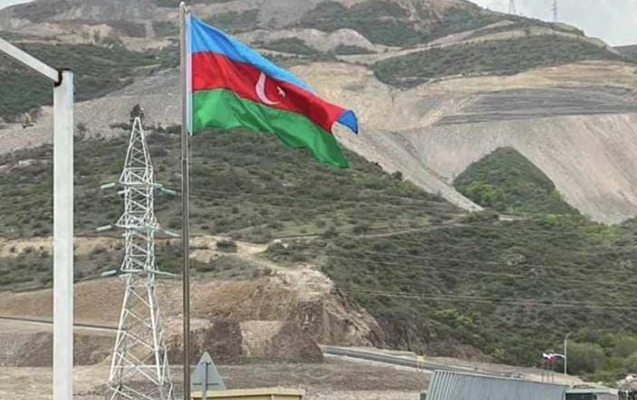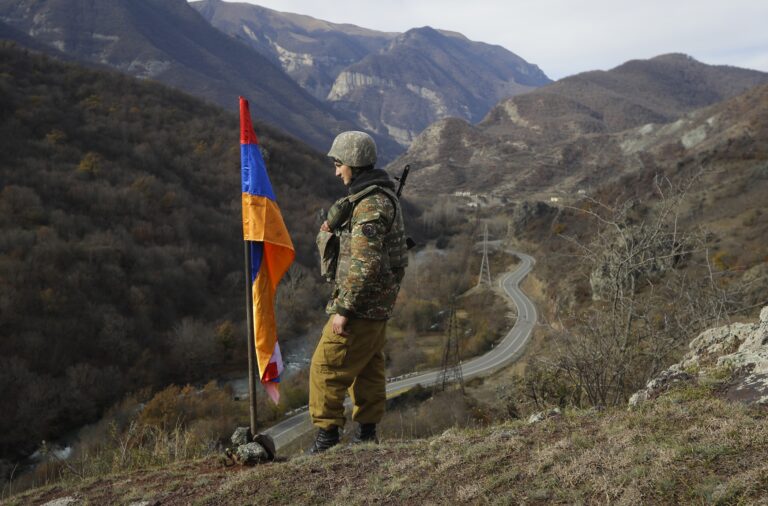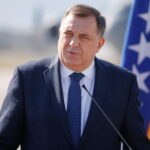Baku has been preparing for a counterterrorism operation for several weeks in response to Armenia’s persistent use of various types of weapons to attack borders, shelling local security forces and persisting in planting mines which endanger both military and civilian lives in the area.
Efforts to de-escalate through dialog have failed due to Yerevan’s denial of responsibility and attempts to shift blame.
Armenia is at a significant military disadvantage but has recently purchased sophisticated weapons from France and Iran. While it is in no position to start another full scale war, it is likely to respind through hybrid means which may include continuing shelling and other border response, possible terrorist attacks through proxies inside Azerbaijan, cyber attacks, propaganda campaigns, and even possible targeting of oil and gas in strategic areas.

More on this story: Will Iran’s and Russia’s Meddling Start Another War in the South Caucasus?
Pashinyan recently stayed that Russia has not been helpful. Many have interpreted his comments as evidence of reorientation towards the West and eventually regional integration. If that is the case, Russia would most certainly prefer a more pro-Kremlin leader and has enough pull to split the Armenian military and cause the security situation to spin out of control by instigating rogue action. But Pashinyan could also have been trying to court greater buy-in from Russia against Azerbaijan and in fact is playing one side off against the other for money, political clout, weapons, and military support. If the latter is true, Russian forces may be actively involved and coordinating these attacks at Pashinyan ‘s behest and he is testing grounds to see how much he can get away with without ending up in another losing war.

More on this story: Eventual scenarios to topple Pashinyan in Armenia
It is very obvious that the Russian peacekeepers at the very least turned a blind eye to Armenian violations of the peace agreement, because destabilization of South Caucasus and regional insecurity empowers Russia’s presence and ensures that the status quo is maintained. However, there is evidence pointing towards Russian state involvement in smuggling operations facilitated by the inaction of the peacekeepers which may benefit the Russian war effort in Ukraine and boost the private coffers of Putin’s inner circles, helping evade sanctions.

A serious investigation is needed into these operations to prevent further damage and the unjust enrichment of war criminals. Azerbaijan has waited to ensure that first, these tensions could not be resolved by political means, second until Armenians exhausted lobby efforts to push the international community into taking action against Baku based on the argument that it is blocking humanitarian aid. And third, the timing is close to the third anniversary of the Second Karabakh War which liberated the territories in question and holds a symbolic meaning for the country. The success of such an operation would presumably limit Armenian and other countries’ efforts at uncontrolled escalation and finally put an end to the revanchist movement among Armenian political elites and lobby groups which stands in the way of the signing of a final peace agreement.




